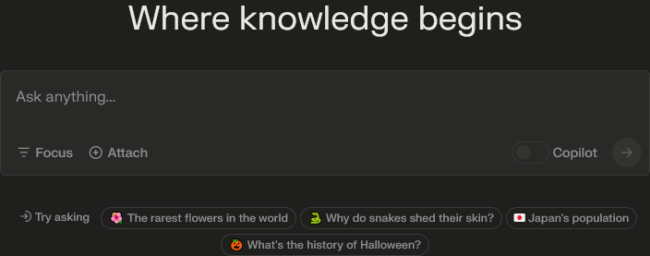New AI search engine redefines how we look for information

Perplexity AI is a conversational search engine that has built up millions of users and supporters. UCO English professor Laura Dumin states “I love it, but with caveats.” Perplexity works by scouring the web and providing summaries of the information it finds with citations back to original sources.
“Perplexity goes out and it pulls your sources down, it doesn’t give clicks to those websites,” said Dumin. Search engine optimization has always been an important tool for anyone wanting to get noticed on the internet. Search engines have traditionally used the number of clicks each link has gotten to rank their importance, but without these clicks things go awry.
Perplexity offers faster access to multiple sources of information than traditional search engines while not supporting the statistics those search engines rely on. Dumin said “It just pulls information kind of silently. So what we’re seeing with SEO is that Google is, slowly but surely, not doing as well as it used to.”
Unlike similar projects such as Google Gemini and Microsoft copilot, Perplexity AI is a recent startup with 40 employees. Perplexity uses models from Meta Llama, OpenAI GPT, and the paid “Pro” version even uses Google Gemini Pro.
This AI, like any other current offering, is still fallible and occasionally “hallucinates” by giving incomplete or incorrect information out of thin air, but its accuracy has been “very good” according to Dumin. Professor Dumin recommends her students use it for research purposes but with the caveat that “when they find something … they need to go back to those sources.” Dumin stressed the importance of checking the validity of responses.
When asked about whether people should use AI tools now or wait for them to get better, Dumin said “I think we need to get people used to them now. We are going to see them at their worst anytime that we’re using them. It’s always the worst they’re ever going to be because they’re going to get better from day to day, week to week.”


